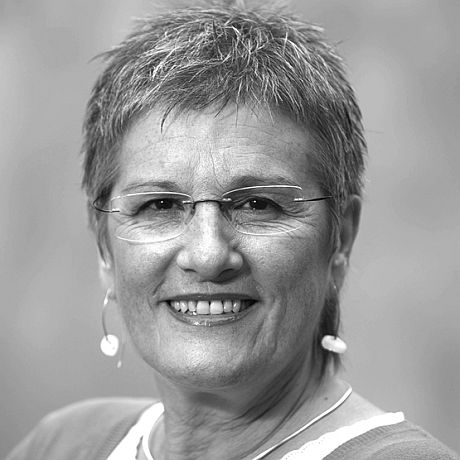An opportunity for change

It is not by chance that the pandemic has especially hit big cities like Barcelona. Open to the world, its power of attraction and connectivity have made the city more fragile. We must seize this opportunity to rethink the city and build alternatives.
It has always been said that the future is not written, that it is in our hands and the decisions we make in the present. These are exceptional and unexpected times that have the advantage of giving perspective to the debate about what we must do. The coronavirus crisis is one of those times. We have suddenly seen that we do not need to live in a city that is drowning in smoke and that we can organise life in a less stressful manner in a quieter and friendlier environment. We have discovered the importance of social ties and that precisely the least valued and least paid jobs, those dedicated to the care of people and common goods, are the most essential. And we have learned that everyone’s protection depends on what others do, that we’re all responsible for the health of one and all.
It is not by chance that the pandemic has especially hit big cities like Barcelona. Open to the world, its power of attraction and connectivity have made the city more fragile. The crisis is particularly affecting the most socially vulnerable neighbourhoods and families and has highlighted the major deficiencies in the current model of care for the elderly. Overhauling the model from top to bottom should now be a foremost priority.
The virus is still here, and it may take us a while to get it under control. Experts across the board predict that this will not be the last pandemic and perhaps not the worst. We must learn to live with uncertainty and harness this traumatic experience to correct shortcomings and make sweeping changes. For example, drastically reducing forced mobility. If we have been able to make tough decisions such as shutting down the economy to prevent contagion and save lives, we need to be able to prevent so many people from continuing to get sick and dying from pollution. These are also preventable deaths. We must seize this opportunity to rethink the city and build alternatives that allow us to move towards a more sustainable and socially just model of time and space management. – Milagros Pérez Oliva
The newsletter
Subscribe to our newsletter to keep up to date with Barcelona Metròpolis' new developments




